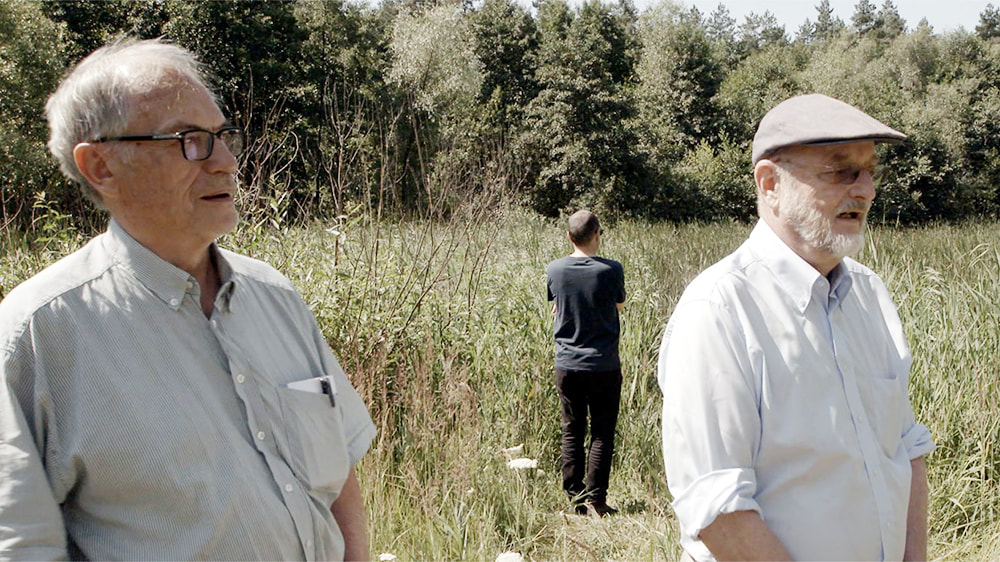Horst is shown to be a tremendously difficult person despite a pleasant demeanor. He’s completely immune to any evidence that Phillippe presents him. He inanely compliments the sturdy architecture of a bombed-out synagogue that’s been preserved as a monument to the dead, or the still beauty of a field that was turned into a mass grave within his lifetime. He is mentally incapable of countenancing a different picture of his father than the one that’s been preserved in amber from his early years. Horst is partly able to do so because his father, aided by the Catholic church (an organization with its own massive blind spots), escaped Nuremberg and died without a moral accounting or judgment in a monastery. Niklas doesn’t have that luxury, and would likely reject it if he had it. He doesn’t have Horst’s rosy memories of childhood, remembering only a harsh and cold man who was executed as an unrepentant lickspittle of Hitler. A man with a far bigger moral imagination than Horst, Niklas can even spare some empathy for his hated patriarch, looking at his baby pictures and wondering how an undifferentiated infant could grow up to be such a monster.
Evans has the cinematic good fortune to capture a serendipitous moment that perfectly crystallizes the power of his film. On their trip to Ukraine, Horst is waylaid by descendants and veterans of the division that his father founded, and is hailed as the son of a hero, thus validating everything he thought about his father’s record. This group was established not only to perpetuate a genocide, but also to resist the Red Army, a highly relevant mission in 2015. Openly wearing swastikas on their uniforms, the commemorators view their comrades as liberators and defenders of the homeland from a vicious opposing force. Who cares that some Jews got put on trains when the division fought bravely against Communist tyrants who also had plenty of blood on their hands? This revisionist view is chilling especially when Stalin’s image is also on the upswing in Russia. A Nazi Legacy captures the wide breadth of history and how fungible even the most obvious examples of evil are for individuals and societies. Anything can be hand-waved away with the most minimal of excuses. B+

 RSS Feed
RSS Feed